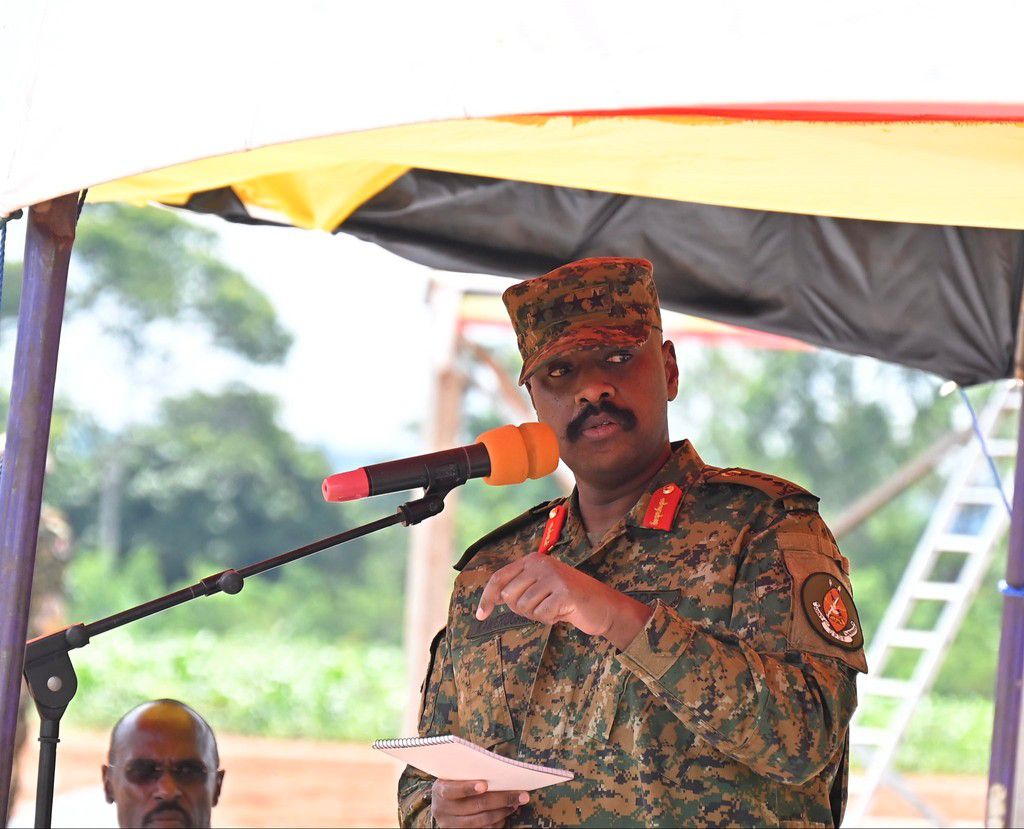Museveni orders Gen. Kainerugaba on 900 Karimojong youths in Kitalya
)
President Yoweri Museveni, who also serves as the commander-in-chief of the armed forces, has directed the Chief of Defence Forces (CDF), Gen. Muhoozi Kainerugaba, to assess the possibility of pardoning 900 Karimojong youths currently imprisoned at Kitalya Prison by the Court Martial.
During his Parish Development Model tour in Karamoja, President Museveni revealed that leaders and elders from the region had appealed to him to pardon the youths, who were incarcerated by the active Court Martial in the 3rd Division Area of Responsibility (AOR). The youths had been jailed for allegedly attempting to destabilise the region.
"It was the efficient and focused work of the military courts that complemented military operations by legally removing these misguided youths from society for a specified period," the president said in a statement Thursday, December 12.
)
He contrasted this approach with civilian courts, which he criticised for granting bail or keeping suspects on remand indefinitely, contributing to case backlogs. "In civilian courts, it’s often child’s play. Criminals are either granted bail or left on endless remand, forming part of the backlog in the general court system," Museveni said.
"In contrast, the dedicated and focused Court Martial conducts preliminary investigations, releases the obviously innocent, convicts the guilty, and sentences them. The convicted individuals can appeal while peace is maintained because those causing disturbances are now State guests at Kitalya and other prisons," he added.
While defending the use of the Court Martial, President Museveni directed the CDF to review the cases of the detained youths and identify those eligible for pardon.
"I have already instructed the CDF and his colleagues in the army to review the cases of the Karimojong youths currently in prison, distinguishing those who can be pardoned from the hardcore criminals who should not yet be released," he said.

The president further highlighted that the Court Martial, introduced in 2005, has played a significant role in stabilising the country, ensuring law and order while supporting military operations.
Fellow Ugandans, especially the Bazzukulu.
— Yoweri K Museveni (@KagutaMuseveni) December 12, 2024
Greetings.
Long live the eyokyeero of the Court Martial in contributing to the stabilization of the country. Eyokyeero is a Runyankore word that means reinforcement. I have seen the arguments in the papers by some lawyers regarding the… pic.twitter.com/fpKC1V3SQs
)

)
)
)
)